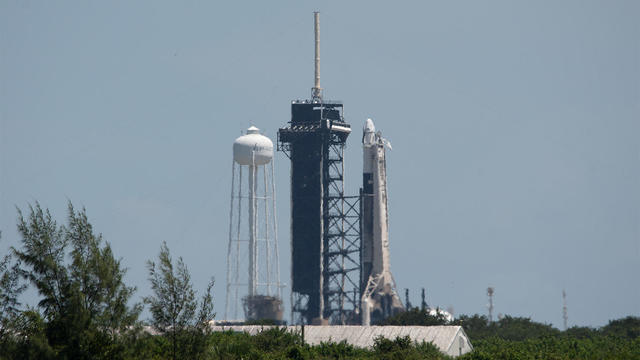
SpaceX again delays launch of historic commercial mission
SpaceX is waiting for better weather in the splashdown zone where the crew will end its five-day mission.
Watch CBS News
Bill Harwood has been covering the U.S. space program full-time since 1984, first as Cape Canaveral bureau chief for United Press International and now as a consultant for CBS News. He covered 129 space shuttle missions, every interplanetary flight since Voyager 2's flyby of Neptune and scores of commercial and military launches. Based at the Kennedy Space Center in Florida, Harwood is a devoted amateur astronomer and co-author of "Comm Check: The Final Flight of Shuttle Columbia."

SpaceX is waiting for better weather in the splashdown zone where the crew will end its five-day mission.
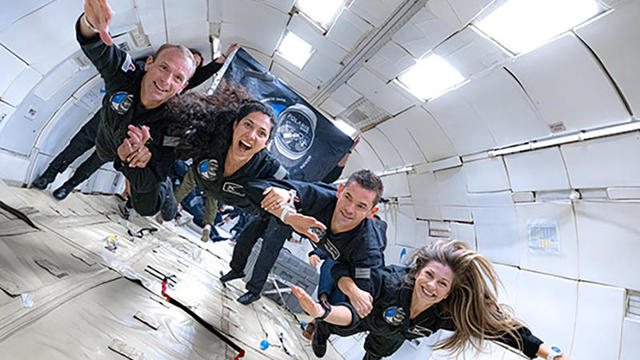
Along with the first private-sector spacewalk, the SpaceX Polaris Dawn crew also will set a new Earth-orbit altitude record.
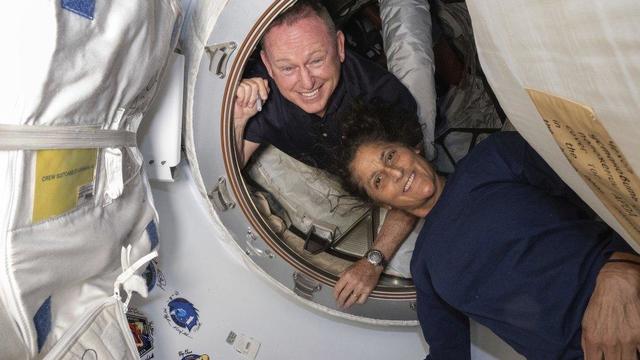
The Starliner's two-person crew now will stay in space until next February and return to Earth aboard a SpaceX Crew Dragon.
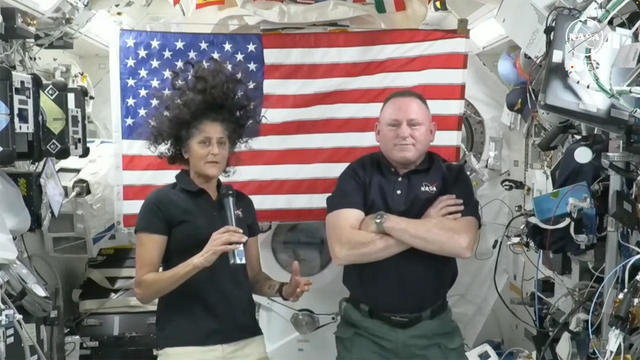
After months of testing and debate, NASA is poised to decide whether or not to bring two astronauts home aboard Boeing's Starliner.
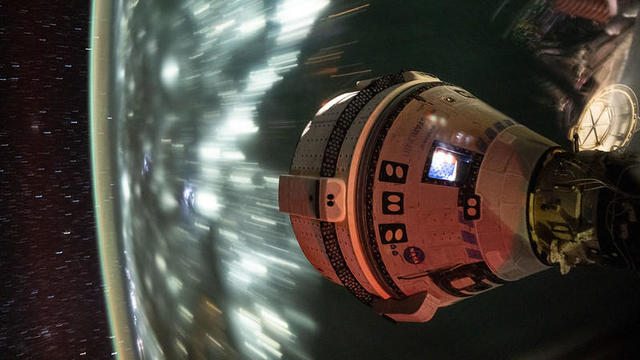
Seventy-one days after launch, NASA finally nears a decision on whether Boeing's Starliner will return to Earth with, or without, a crew.
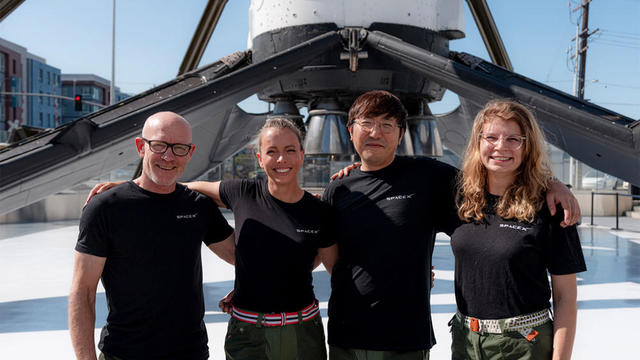
The historic, privately financed space flight will carry humans above Earth's ice caps for the first time.
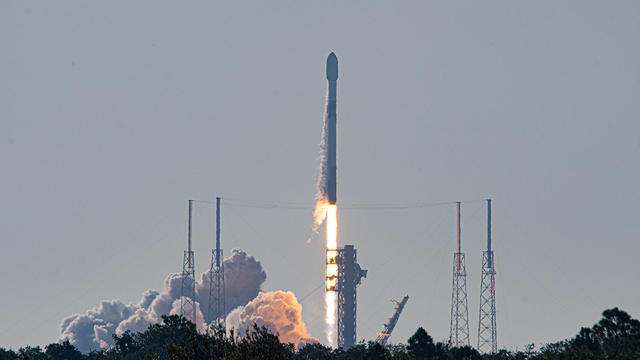
It was the 187th launch of the company's Starlink internet relay satellites.
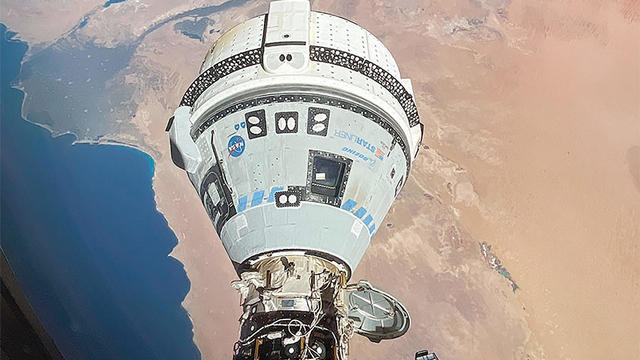
No final decisions have been made and NASA remains hopeful ongoing tests will show the Starliner can safely return its crew to Earth.
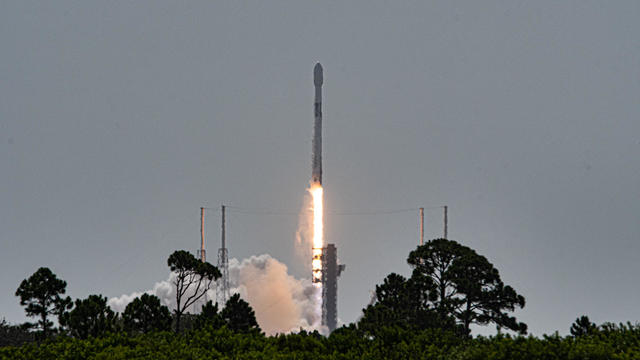
The Cygnus spacecraft will catch up with the space station on Tuesday, bringing more than 4 tons of needed supplies and equipment.
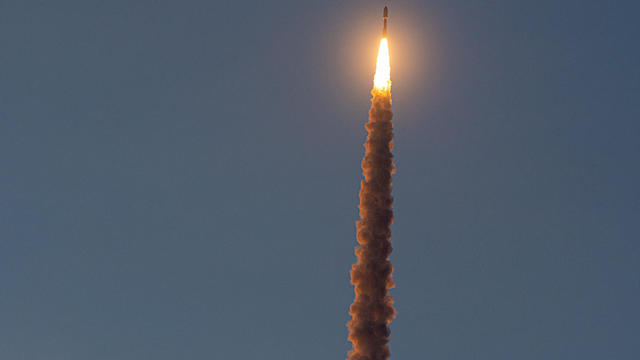
Tuesday's flight was the Atlas 5's final national security mission as builder United Launch Alliance transitions to new Vulcan rockets.
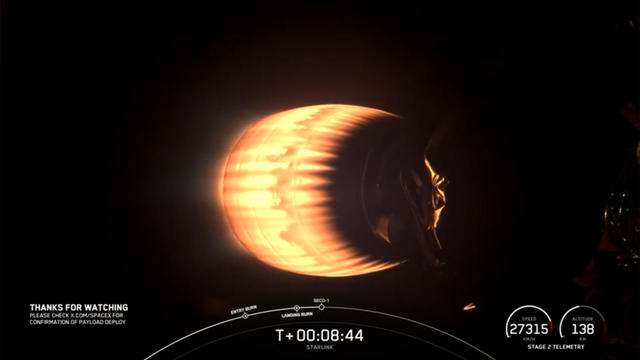
SpaceX put 67 Starlinks into orbit while Boeing carried out successful tests of its Starliner capsule.

NASA and Boeing managers are increasingly confident the Starliner capsule is good to go for re-entry and landing.
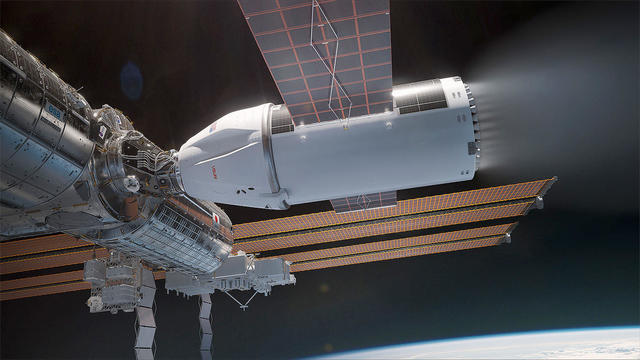
NASA says the Deorbit Vehicle will drive the lab to a controlled re-entry and breakup in 2030 to close out three decades of operation.
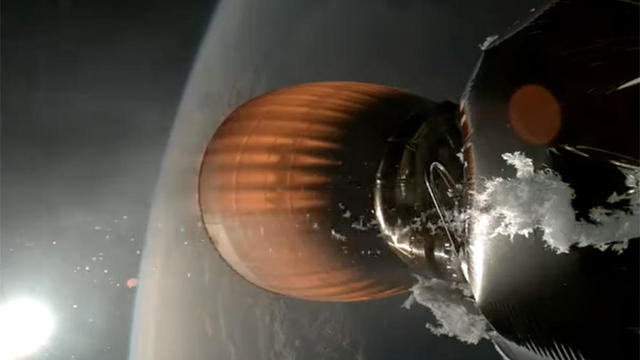
The engine failure blamed for stranding 20 Starlink satellites in a low, non-survivable orbit was caused by a liquid oxygen leak.
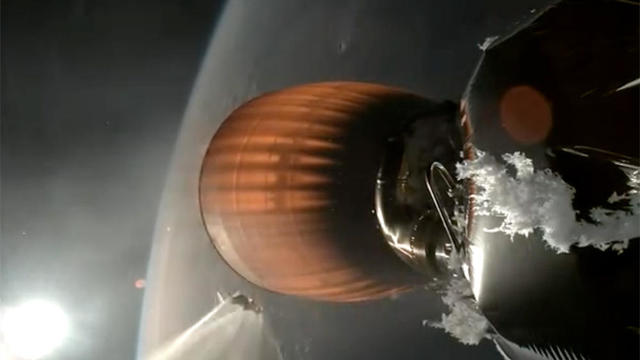
The engine's "rapid unscheduled disassembly," as Elon Musk put it, almost certainly will trigger downstream launch delays.